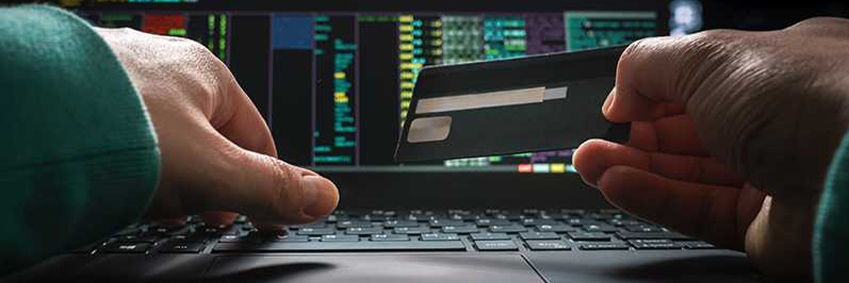
Online stores, with their simplicity of making a purchase, attract not only ordinary buyers, but also people who want to make money in a dishonest way. For clothing carders who live on the darknet, amazon, ebay and the like, these are the most fishy places. In an attempt to make money, criminals study these sites and their payment systems for vulnerabilities. In the film "Catch Me If You Can", the main character, with his cunning and ingenuity, evokes positive emotions from viewers. In real life, everything is not so funny and the main characters do not evoke those positive emotions. Although, according to their stories, you can write a book or make a film, which in the plot will definitely not be worse than Hollywood.
In real life, mostly decent and gullible citizens suffer from fraud. There is hardly a person who will be delighted that other people's purchases will be paid at his expense. And we are talking about large sums, since carders are interested in expensive goods.
I bring to your attention the stories of how and what carders are caught in America. At one of the foreign forums, I read about the fight against carders, an international parcel delivery service for people who live outside the United States. PlanetaExpress accepts parcels from the Amazon online store in the USA and forwards them to other countries of the world, including Russia. Therefore, from time to time they encounter unscrupulous buyers, which experience helps them to identify and, of course, their own mistakes carders, sometimes stupid to the point of absurdity.
HOW CARDERS WORK
Fraudsters use the classic scheme that has already been worked out for years:
- First, a swindler steals bank card details. For this, all kinds of tools are used: overhead keyboards on ATMs, phishing, viruses on the computer, hacked accounts on the server of the online store and other tricks.
- After that, the fraudster, using the received card data, pays for the goods in the online store and issues an application for express delivery, for example, to Russia, through the international mail delivery service. There are also particularly arrogant people who try to pay for delivery services with "cardboard" so that funds are debited from the card of the unsuspecting owner not only for the goods, but also for delivery to Russia.
- The bank or the cardholder himself, having noticed suspicious activity in his bank account, blocks it. Also, the operation can be blocked by the store: the cancellation of delivery or the transaction itself is blocked by an automatic security system. Now especially "resourceful" people began to buy goods using Gift Cards, which were purchased with stolen credit cards. For a store, payment from such a card is "white", so rarely anyone is interested in how these cards were purchased. Often, only the delivery service notices the fraud and blocks the shipment of the goods, and online stores are notified of the cancellation of the transaction.
- PlanetaExpress says that sometimes a parcel leaves the warehouse, but later it turns out that it contains stolen goods. Then the employees conduct a check. Along the way, it is established in what way the order was sent and the current stage of delivery is found out. It happens that it is blocked right on the way. For example, if it is delivered to the Russian Federation, the company contacts the Russian Post at the place of delivery and blocks its issue. This scheme has been successfully used by PlanetaExpress since 2012.
The more scammers want to cover their tracks, the more transfers will be made. Unraveling such a chain is very difficult, but possible. The aforementioned company managed to "catch" such packages and return.
HOW TO CATCH CARDERS
I will not list all the methods, but I will note the key points:
- There is a signal from the seller. In some cases, a notification about a cherjback (return of funds to the card) comes very quickly. When the cardholder receives an SMS about the purchase, he contacts the bank and informs about the illegality of the operation. After that, the issuing bank initiates an "alert" through the MasterCard or Visa payment system. The signal is received by the bank, which serves the terminal of the online store and informs its administration about the cancellation of the transaction (disputable transaction). If the order has not yet been sent, the store will block it. Otherwise, a corresponding request is sent to the intermediary company, which cancels or slows down the delivery. For example, if the parcel has not yet left the PlanetaExpress warehouse, the seller provides the tracks and the client's suite number, and a refund is issued. When the order is on the way, other ways of solving the problem are used.
- Reporting to the police. Sometimes the signal goes directly to law enforcement. There is already a proven scheme for the return of purchases, since PlanetaExpress has long been cooperating with the police station. By the way, in the photo is the curator of the company from the police department. By the way, requests may come from other states.
-

- Payment through a PayPal account by a certain John Smith, while he is registered to Vanya Ivanov. By the way, in this payment system "antifraud" is weaker than monitoring on Amazon. Fraudsters may well bind stolen cards to left profiles and use them to pay in stores through PayPal.
- Grammar and other silly "mistakes". Carders can make a mistake, as in the photo, or when trying to impersonate a woman, when it is clear that the signature was put by a man.
-
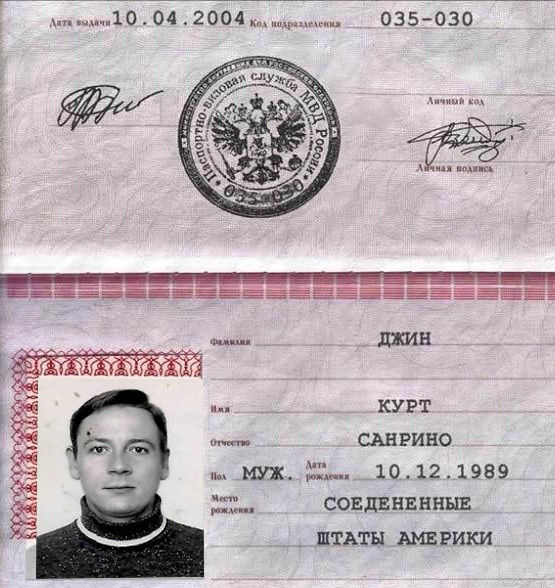
- Increased nervousness. When the "addressee" is bombarded with questions about where the package is and does not hesitate to threaten to contact the FBI in order to reveal the alleged "black plans" of our company. This is understandable, they, too, may have paid some money to be provided with the details of this stolen credit card. PlanetaExpress is already familiar with the FBI, whose employees politely asked to inform them if there was an order for the delivery of a nuclear missile.
-
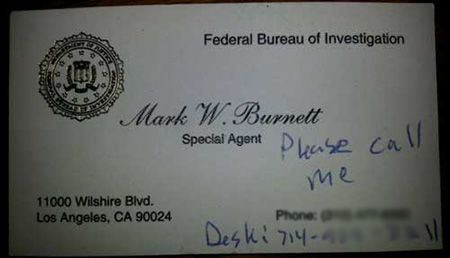
- Social networks to help. In the company's practice, there was a case when a fraudster betrayed himself by publishing a post on his VKontakte page about selling iPhones at half price.
A separate topic is how carders are caught when checking documents. Sometimes it comes to the point of absurdity, but there are also very "diligent" people. Why does PlanetaExpress require scanned documents? When there is doubt about the legality of the transaction, the company asks for more data about the customer - the direct buyer of the product. You need to provide his ID or call the office.
There were cases when they received documents with a photograph of a famous football player, a teacher from Kazakhstan and even Margaret Thatcher! In the picture below, the passport is issued to a certain Veronica Pitt.
But PlanetExpress employees are also good at recognizing Photoshop, so they quickly discovered a fake: the signatures on the pages of passports are 100% identical, which does not happen in life.
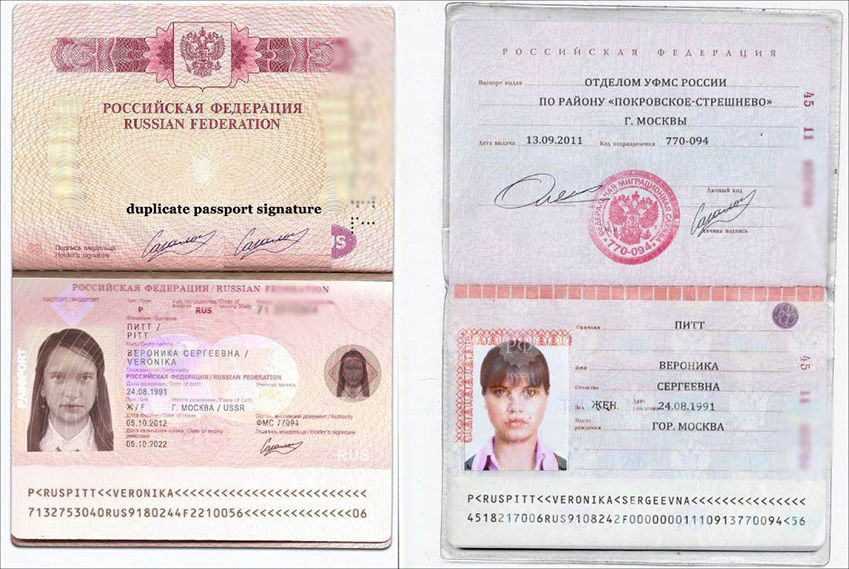
The second document has a slightly expanded signature copied from the first passport.
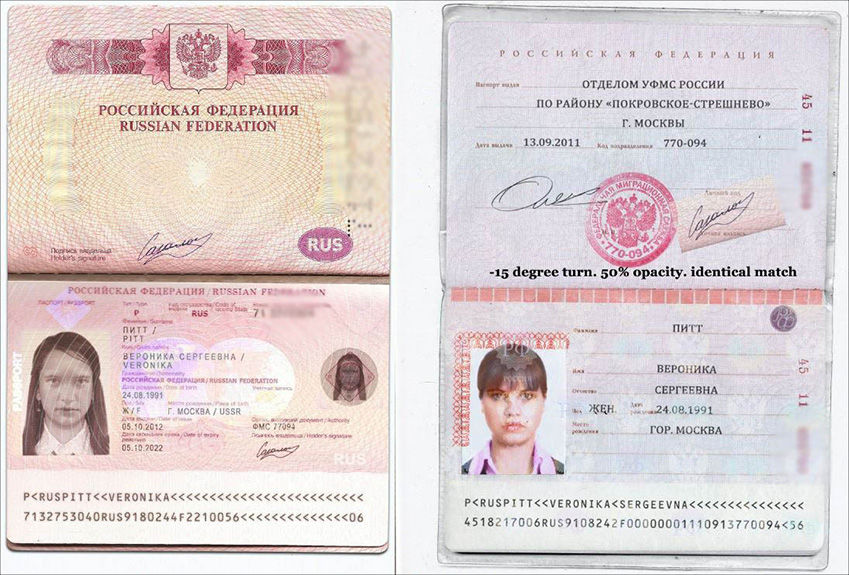
Carders are getting more dodgy every day, so they try to use photographs of people who look very similar to a fraudster.
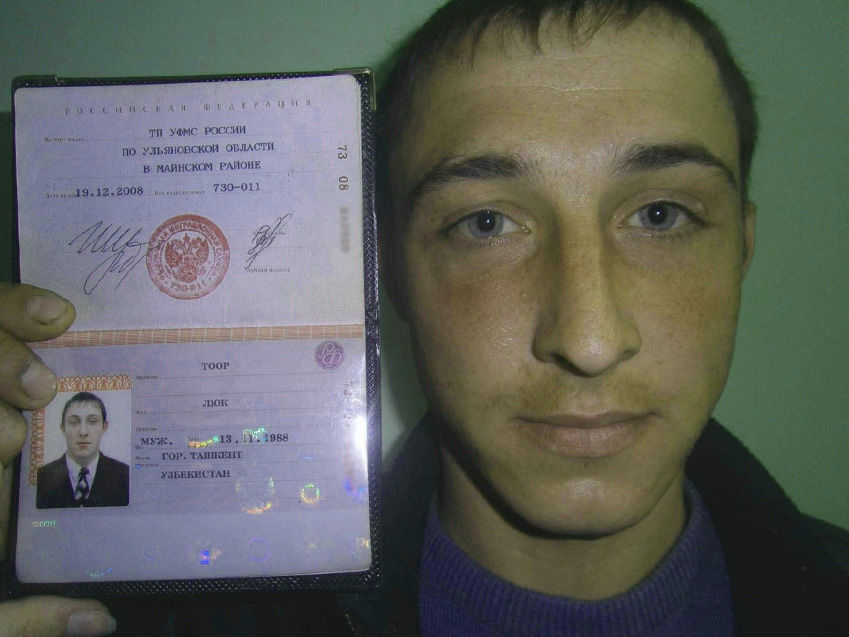
In the photo "Toor Luc", which in fact has a Russian name and surname.
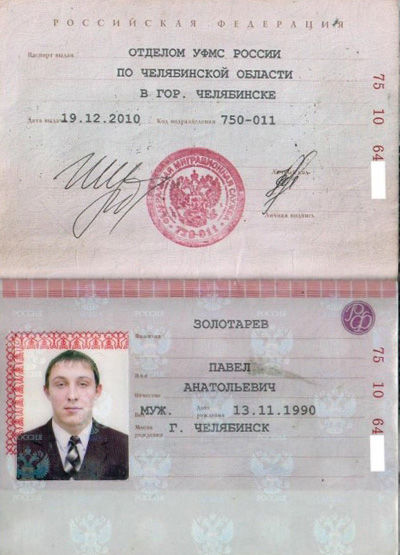
When fraudulent documents are identified, the company will permanently block the buyer's account and return the item to the sender.
ERROR BANS ALSO HAPPEN
Once the company blocked the account of a resident of Ukraine, Vanessa Alejandro Acosto Malero. Understandably, such a name aroused suspicion. However, in personal correspondence and through social networks, it was possible to establish the reliability of the data. The girl herself is from Venezuela, from where she moved when she married a Ukrainian. By the way, she absolutely adequately responded to the questions and sent scans of documents and even a photo with the child without any problems.
CARDERS ARE ALSO PEOPLE OR AS SCAFFOLDERS HAPPEN
Scamming is not easy, and if you put in a lot of effort, then you want to get more money. Therefore, carders often act as clients, whose "righteous anger" pours on the intermediary company. They actively leave their feedback on various forums, although most of such sites are not available to ordinary users.
As touching and vital, one wants to feel sorry for the guy.
Someone goes even further. One of the typical situations when an account was blocked due to the fact that its owner was not able to send scans of documents.
If you don't know what a "storm of emotions" looks like, look at the picture below:
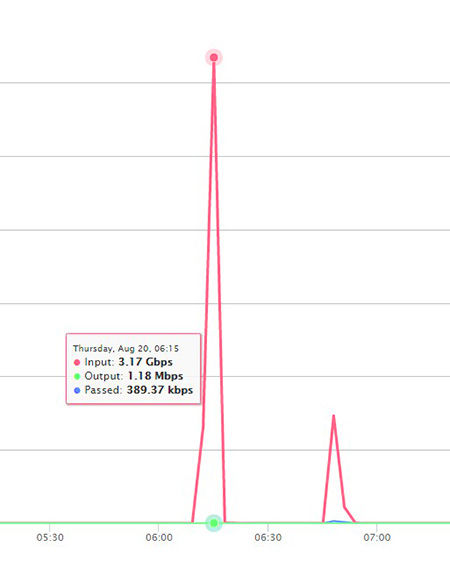
Unfortunately, scammers still manage to cash in on others. PlanetaExpress had a client who provided all the documents without any problems and in general the situation did not seem suspicious. Only the warehouse manager shared her doubt. It turned out that her intuition did not disappoint. As soon as the parcels were dispatched, another salesperson showed up asking about the "client". The seller said that this customer bought a gold iPhone, but after some time the store received a payment cancellation.
When the company contacted the Russian Post to return the parcel, the fraudster also began to actively call there. And not just like that, but introducing himself as the head of PlanetaExpress, and assuring that everything is in order with the parcel and it can be issued. He even sent an official letter, signing for Pyotr Sharapov, the head of our company. Nobody expected such impudence! Therefore, while the proceedings lasted, the parcel was still issued.

Here is such a "talented Mr. Ripley" as the hero of the film of the same name. He followed up with hard scribbling negative reviews about PlanetaExpress, publishing them on a special website. We must pay tribute to the seller of the iPhone, who visited this site and revealed the essence of the carder in the dialogue, calling him a thief.
WHY ARE THE POLICE STOPPED?
Carders from year to year try to cash in on other people, but not all such cases are investigated by the police. For example, the company identified a fraudster and returned the goods to the store, respectively, the latter did not incur losses. That is, there is no fact of crime. Of course, the carder will not stop there and will continue to try. However, the police need a specific request: a statement about the theft of money from the card from its owner or from the store, if he has suffered damage.
Often, when the situation is resolved in favor of the seller and the buyer, no one wants to make unnecessary fuss. In addition, the size of the amount plays a role. For a few tens of dollars, US law enforcement will not be particularly zealous. Judge for yourself, the theft took place in one state, and the "drop" is in another, and the carder himself is generally outside the country.
Once, people from the American Secret Service came to the PlanetaExpress office. One customer ordered $ 15,000 worth of merchandise. It turned out that the amount was withdrawn from the card of the daughter of the owner of a bank. Carder made good money. However, the law enforcement authorities considered this amount to be not so large as to send a request to the Russian authorities. In memory of the company, only a business card remained…
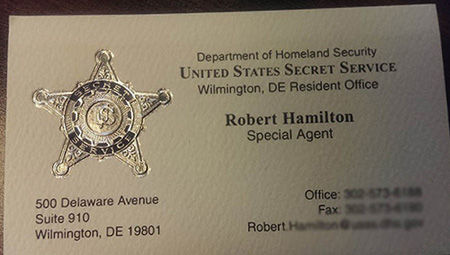
Therefore, the fight against carders continues, as they say, with local efforts. So watch your bank cards carefully!
